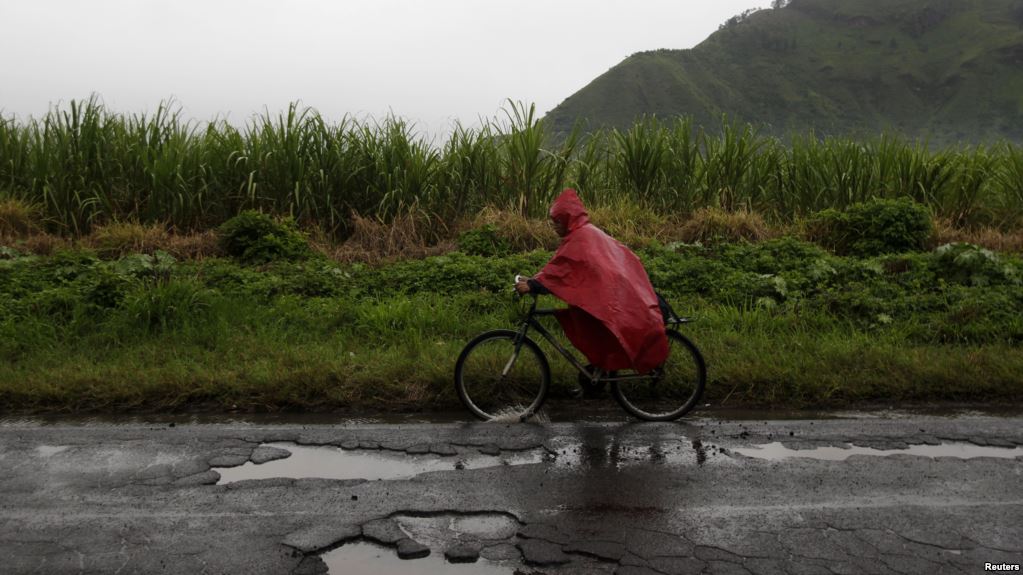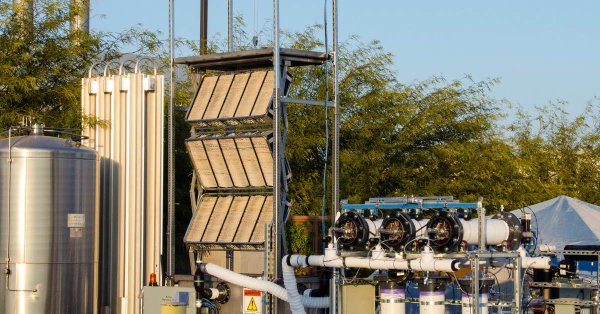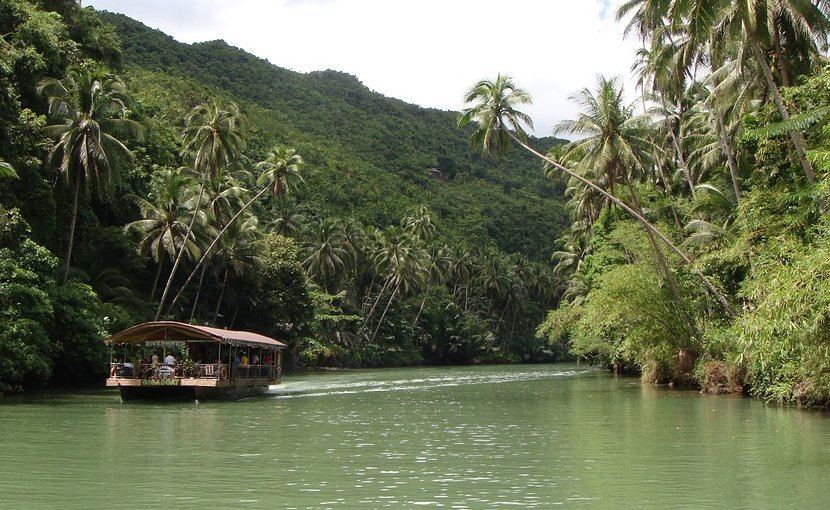News on Land
Get the latest news on land and property rights, brought to you by trusted sources from across the globe.
When losing your soil means losing your livelihood (commentary)
- In Niger, where agriculture is the main source of income, the message is simple: Losing your soil means losing your livelihood.
- The ability to grow food is inextricably linked to the productive capacity of the soil. In the case of Niger’s soil, the picture is bleak: The soils hold poor structural stability, low nutrient holding capacity, low water retention capacity… the list goes on.
- How can soil management be improved in a region that has little to no resources?
JPM senses foul play in land deal
PRESIDENT John Mangufuli has smelt a rat in the distribution of 5,975 hectares of land repossessed from Kaunga and Mbarali rice farms and directed Mbeya regional authorities to submit the names of all beneficiaries to his office. The land in question meant for ditribution to villagers in the area but President Magufuli suspected that it could have landed in wrong hands.
The poorest in Guatemala bear brunt of climate change, research says
BOGOTA (Thomson Reuters Foundation) - Guatemala’s subsistence farmers and indigenous people living in poor rural communities are most affected by rising temperatures and unpredictable rainfall linked to climate change, a leading researcher said on Friday.
Poverty makes the Central American country highly vulnerable to the impact of global warming that damages harvests and causes food shortages, said Edwin Castellanos, lead author of a report by the Guatemalan System of Climate Change Sciences (SGCCC).
Changing energy use in rural Africa with power from solar, clean stoves…and women
- Widespread use of fuelwood and charcoal for cooking and heating is a notable barrier to achieving development and conservation goals in sub-Saharan Africa, yet previous attempts at introducing better fuel technologies have largely failed.
- To address energy use at the source, recent efforts are underway that seek to improve adoption of new technologies, such as solar-powered equipment or efficient cookstoves, in rural communities.
A conversation with Mbororo advocate Hindou Oumarou Ibrahim: ‘We need sustainable sharing’
We cannot talk about traditional knowledge without talking about the right to land, territories and resources – for us, it is ecosystem-based and language-based – they are linked to each other, environmental activist Hindou Oumarou Ibrahim told Landscape News.
How Kenya’s pastoralists are coping with changes in weather patterns
Kenya is experiencing changes in its weather patterns. This includes changes in temperatures and wind and rainfall patterns – particularly shifts in the timing and length of rainy seasons. This has led to more droughts and floods. These changes have increased the vulnerability of pastoralists households whose livelihoods come from livestock like goats and cows.
Gender and land right project achieves results in Northern Region
Gender and Land Rights Phase II Project to highlight and support initiatives that enhance rural women’s participation in land related decisions has yielded results at Nanton in the Northern Region.
The project was executed by the Network for Women’s Rights (NETRIGHT) Ghana, in partnership with the Grassroots Sisterhood Foundation (GSF), a Northern Region based NGO.
It also aimed at strengthening rural women’s control over their livelihood options in the context of the increasing commercial pressure on land and natural resources in the country.
Do 'mechanical trees' offer the cure for climate change?
The project may prove to be biggest effort so far to remove carbon dioxide from the atmosphere
NEW YORK - A Dublin-based company plans to erect "mechanical trees" in the United States that will suck carbon dioxide (CO2) from the air, it said on Monday, in what may prove to be biggest effort to remove the gas blamed for climate change from the atmosphere.
Leaders unite in appeal to protect Amazon as deforestation accelerates
“When invaders come from the outside, they bring hunger and death,” said Jair Seixas Reis, chief of the Maraguá people in Brazil’s state of Mato Grosso. “We don’t know what to do other than resist. It’s very dangerous. I’m asking for help. The world needs to speak out. Amazonia is the lungs of our earth and if the lungs don’t work, the world will die.”
Many Philippine Rivers Are Dying – OpEd
A study conducted by the Department of Environment and Natural Resources showed that 180 of 421 rivers and other bodies of water nationwide are so heavily polluted they may soon be declared biologically dead. The DENR study showed that the biggest culprit was domestic sewage followed by commercial and industrial wastes.
If the Philippines will not protect its rivers and rehabilitate those dying and dead ones, the people will definitely face a dire consequence: ecological catastrophe and economic debacle.











